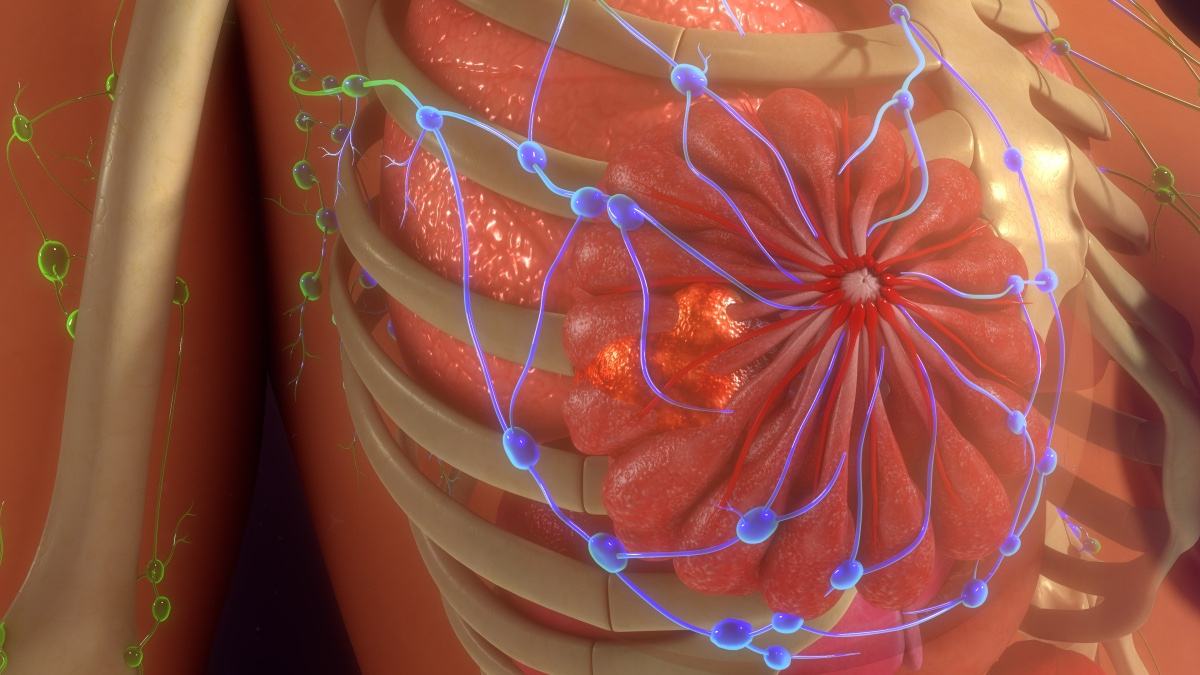1. Trodelvy
Trodelvy (sacituzumab govitecan-hziy) is the first approved antibody-conjugated drug targeting Trop-2 (human trophoblast cell surface antigen 2), and has been granted breakthrough therapy and fast-track manuscript qualifications by the FDA.
Trop-2 is abundantly expressed on the surface of breast cancer, cervical cancer, colorectal cancer, kidney cancer, liver cancer, lung cancer, pancreatic cancer, prostate cancer and other tumor cells. The expression rate of Trop-2 in triple-negative breast cancer patients is as high as 90%. However, Trop-2 has limited expression in normal tissues. Therefore, Trodelvy can specifically target Trop-2 monoclonal antibody Sacituzumab to deliver the active metabolite govitecan (SN-38) of the commonly used clinical chemotherapy drug irinotecan to solid tumor lesions, and play a chemical toxic killing effect.
On April 22, 2020, Immunomedics announced the FDA accelerated approval of its antibody-conjugated drug Trodelvy (sacituzumab govitecan-hziy) for the treatment of adult patients with metastatic triple-negative breast cancer (TNBC) who have received at least two prior therapies.
• Trodelvy is the first FDA-approved antibody-drug conjugate for triple-negative breast cancer
The approval is based on objective response rate (ORR) and duration of response (DoR) data from a multicenter, single-arm, phase II clinical trial. The ORR was 33.3% (95% CI: 24.6%-43.1%) and the median DoR was 7.7 months ( 95% CI: 4.9 to 10.8 months).
In the future, the FDA will make a decision on whether to grant full approval for Trodelvy’s marketing eligibility based on the results of the confirmatory Phase III ASCENT study. The primary endpoint of the ASCENT study was progression-free survival, and secondary endpoints included overall survival and objective response rate.
Trodelvy showed an ORR of 33.3% (95% CI: 24.6, 43.1) at the assessment with a median DoR of 7.7 months (95% CI: 4.9, 10.8).
2. Dato-DXd
Dato-DXd is designed and developed using Daiichi Sankyo’s patented DXd-ADC technology platform. The platform uses DNA topoisomerase I to inhibit DXd. It has high activity and can kill nearby cancer cells through the “bystander effect”, with a short half-life. Toxic and side effects are small. The linker has high stability and can be specifically cleaved by enzymes in tumor tissue, avoiding the killing effect on normal tissue. Enhertu, which made a big splash at ASCO this year, is also an ADC drug targeting HER2 developed based on this platform.
3. Enhertu
When it comes to breast cancer treatment, it has to be mentioned. Enhertu, which shined at this year’s ASCO, AstraZeneca/Daisankyo announced the clinical research data of its blockbuster ADC drug Enhertu (DESTINY-Breast04) for treatment Unresectable or metastatic breast cancer with low HER2 expression. This is a phase III, randomized, controlled, open-label study. A total of 557 patients were enrolled. The enrolled patients were patients with unresectable and/or metastatic breast cancer with low HER2 expression. The experimental group was treated with Enhertu, and the control group was treated with standard treatment. The primary endpoint was PFS in patients with HR-positive disease based on BIRC.
Trial results showed that Enhertu reduced the risk of disease progression or death in HR+/HR- metastatic breast cancer by 49% compared to chemotherapy (BIRC-assessed mPFS: Enhertu vs chemotherapy = 9.9m: 5.1m). This result is significantly higher than Trodelvy’s 5.5 months. Compared with chemotherapy, HR+ patients treated with Enhertu had a 36% lower risk in the Enhertu group, and the mOS was 23.9m in the Enhertu group and 17.5m in the chemotherapy group. In HR-negative patients (n=58), mPFS was 8.5 m vs 2.9 m in the Enhertu and chemotherapy groups, respectively, and mOS was 18.2 m vs 8.3 m in the Enhertu and chemotherapy groups, respectively. Enhertu has also become the first HER2-targeted therapy to provide a survival advantage in the Her2-low population, which is expected to redefine the treatment of Her2-low breast cancer. The Her2-low population accounts for 55% of breast cancer patients, and chemotherapy is currently used in The only option for progression after hormone therapy, Enhertu is expected to be its new option.









